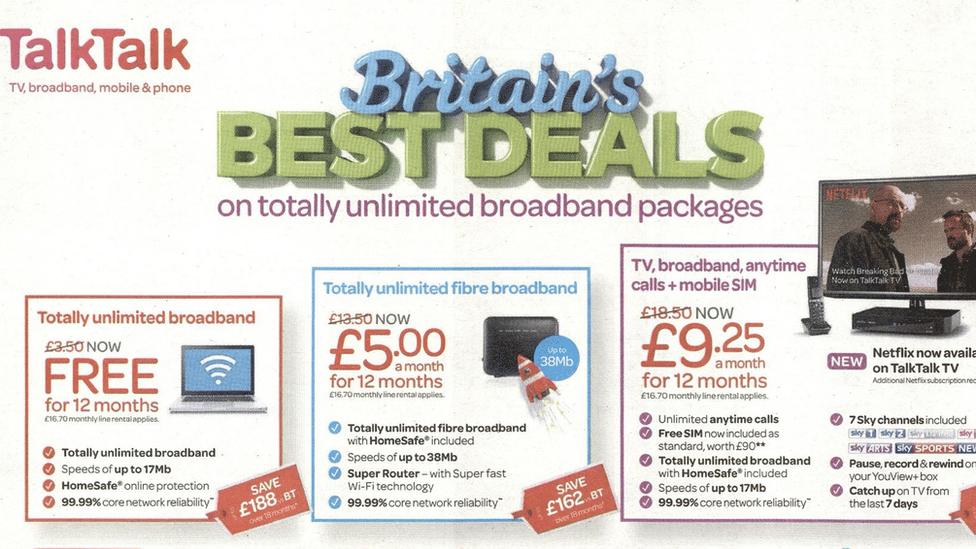BT to invest £6bn in faster broadband and mobile services
- Published
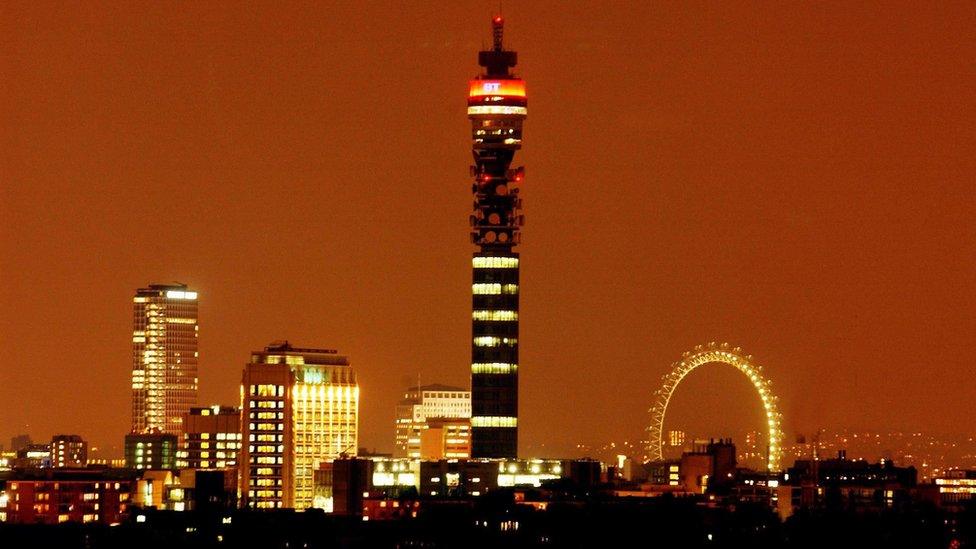
BT Group has outlined plans to invest £6bn over the next three years in faster broadband and mobile services.
It plans to offer what it describes as "ultra-fast" broadband to 12 million premises by 2020, as well as improving coverage of faster 4G mobile services.
However, Sky said the plan had "limited ambition" and called for BT to invest in the UK's broadband fibre network.
Sky repeated its call for Openreach, which operates the broadband and phone network, to be split from BT.
Faster broadband
Under BT's investment plan, a minimum of 10 million homes and businesses will receive access to BT's ultrafast broadband service by 2020, and the company has an "ambition" to reach 12 million.
Most will receive that via BT's G.fast technology, which is currently capable of speeds of 300Mbps (megabits-per-second), but will be capable of speeds of up to 500Mbps, BT says.
On average UK households received speeds of 29Mbps last year, according to regulator Ofcom, external.
That would make the new service more than enough for households who want fast broadband to stream movies and play online games.
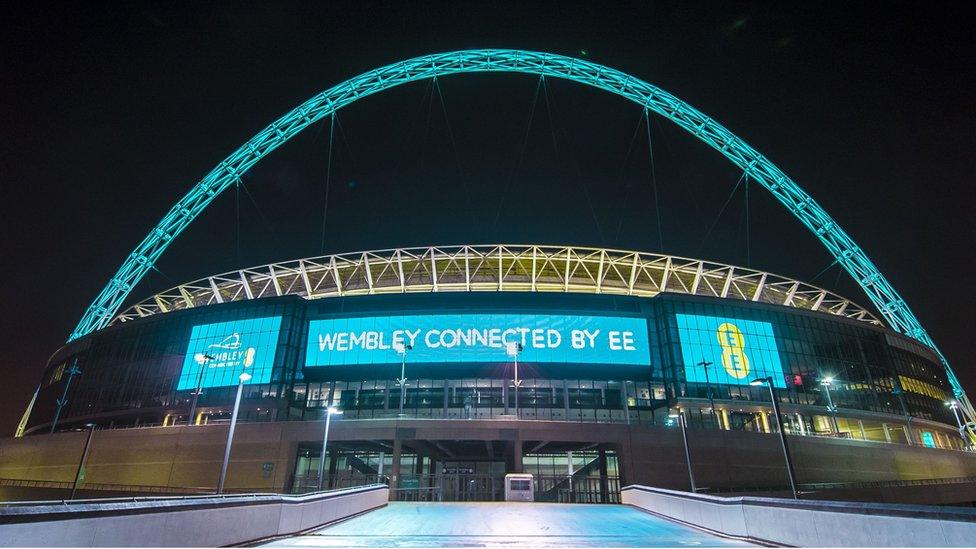
"Customers want their broadband to be affordable as well as fast and we will be able to do that using G.fast," said BT chief executive Gavin Patterson.
BT also plans to invest in its mobile phone network EE, so it can offer fast 4G coverage to 95% of the country by 2020.
'Limited ambition'
BT's rivals were not impressed by the investment plan.
Sky complained that the G.fast technology used old copper wires and said BT should be investing in the faster fibre network.
"Despite BT's claims, it is clearer than ever that their plans for fibre to the premise (FTTP) broadband will bypass almost every existing UK home," said Andrew Griffith, chief financial officer at Sky.
"This limited ambition has been dragged out of BT by the threat of regulatory action, demonstrating once again why an independent Openreach, free to raise its own long-term capital, is the best way for the UK to get the fibre network it needs."
TalkTalk said the investment plan was an effort "to buy protection against competition" and said BT "has shown itself perfectly willing to use national infrastructure as a cash cow for its other corporate activities, whilst the experience customers receive gets worse and worse".

Analysis: Simon Jack, BBC business editor
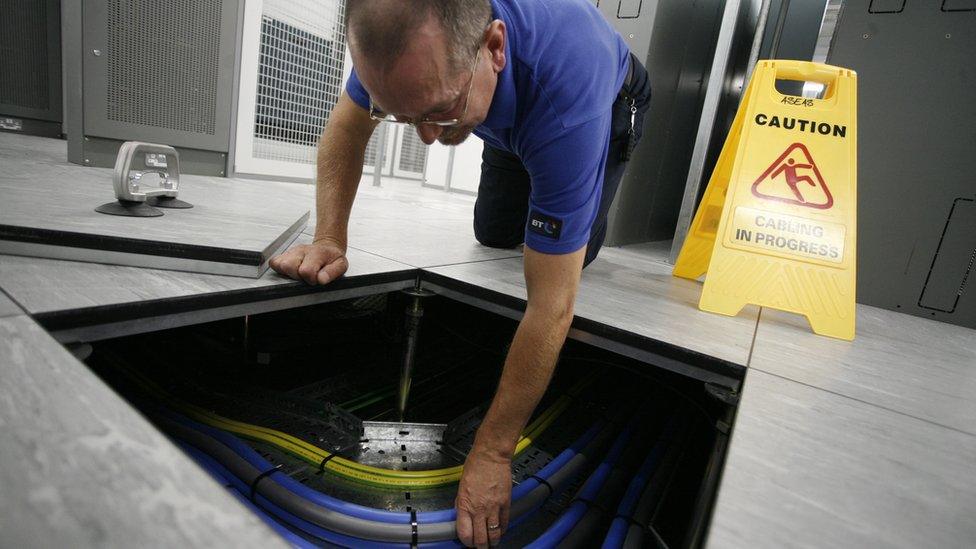
The eyecatching part of these results are the investment plans and the intended audience is Ofcom - in fact BT said that its £6bn investment plan is "subject to regulatory certainty".
BT is indicating that it can only make big investments in infrastructure if it knows that its business can operate without major interference from its regulator Ofcom.
That includes remaining in charge of Openreach, which operates the fibres, wires and cables that connect the country.
Sky and TalkTalk complain that BT has underinvested in the Openreach network, which has held back the rollout of superfast broadband while making excessive profits.
In a recent review, Ofcom had some sympathy with this position and put BT on warning that unless it improves investment and service, it could force BT to hive off Openreach - currently BT's biggest source of cash flow.
Today's announcement is the response. Ofcom has ordered BT to make its ducts and pole accessible to rivals to lay competing fibre - but so far Sky and
TalkTalk seem reluctant and are certainly not mollified by today's gesture.
Satisfying them will be less important to BT than getting the Ofcom seal of approval.

Football focus
BT reported a 15% rise in annual profits to £3.03bn, helped by stronger demand for broadband and TV services.
Total sales rose 6% to almost £19bn, which included a £1.06bn contribution from mobile operator EE.
BT's results were boosted by a strong year for BT Consumer, which supplies broadband, telephone and TV services. Sales were up 7% to £4.6bn for the year.
The number of customers for its TV service jumped by 28% to 1.5 million.
BT said audiences for its sports coverage - where it has made massive investment - were up 45%, which it attributed to its live coverage of Champions League and UEFA Europa League matches.
The first leg match between Liverpool and Manchester United in the last 16 of the Europa League was watched by a peak of 2 million viewers, BT said.
BT also shares coverage of the FA Cup with the BBC and has a package of Premier League matches.

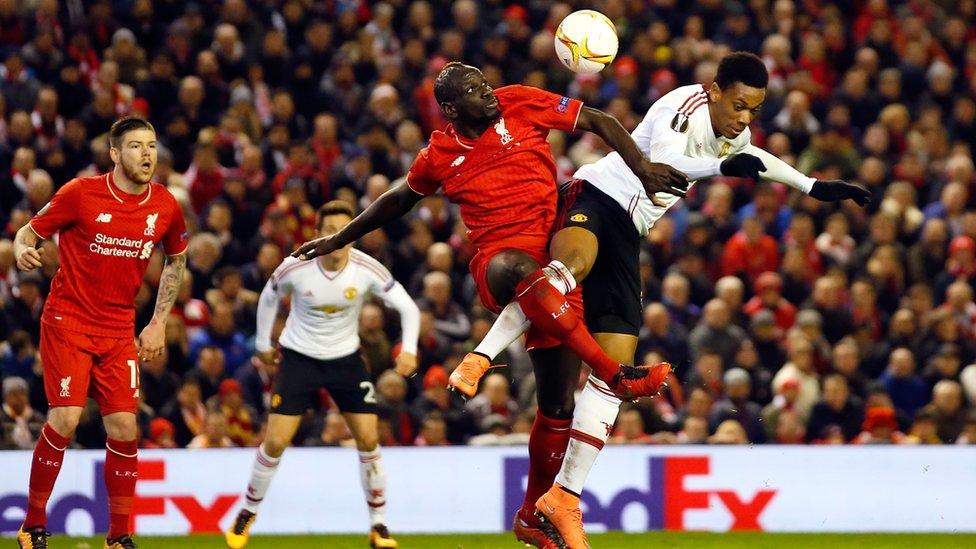
2 million watched the first leg of the Europa League match between Liverpool and Manchester United
BT's football splurge

While BT is unlikely to recoup the investment in football simply in terms of subscriptions to its TV service and through advertising, analysts say that by offering live sport BT can make its broadband and phone services more attractive in a competitive market place.
"If TV enables BT to achieve a market share in telecoms services significantly higher than it would otherwise have been, the high cost of its TV investments may well prove justified," said Ian Watt, principal consultant at Ovum.
EE deal
The deal to buy the EE mobile network was cleared in January and BT said the integration of EE was "going well".
"We now see the opportunity to deliver more synergies than we originally expected, and at a lower cost," said Mr Patterson.
Analysts said the deal could boost sales, as BT will be able to target EE's 30 million customers with broadband and TV offers.
BT plans to hire 1,000 new engineers this year as part of an effort to improve customer service.
It will continue to return customer services to the UK and by March 2017 says it will handle 90% of calls by UK-based staff.
- Published26 July 2016
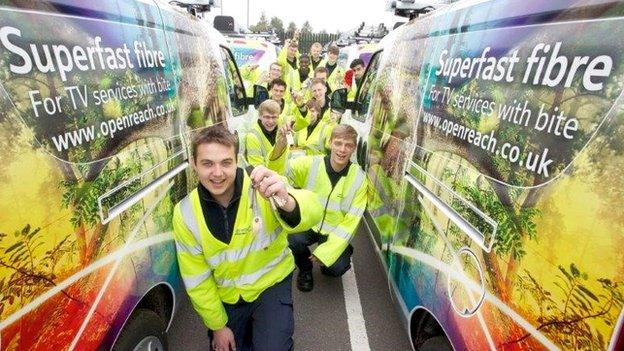
- Published22 March 2016
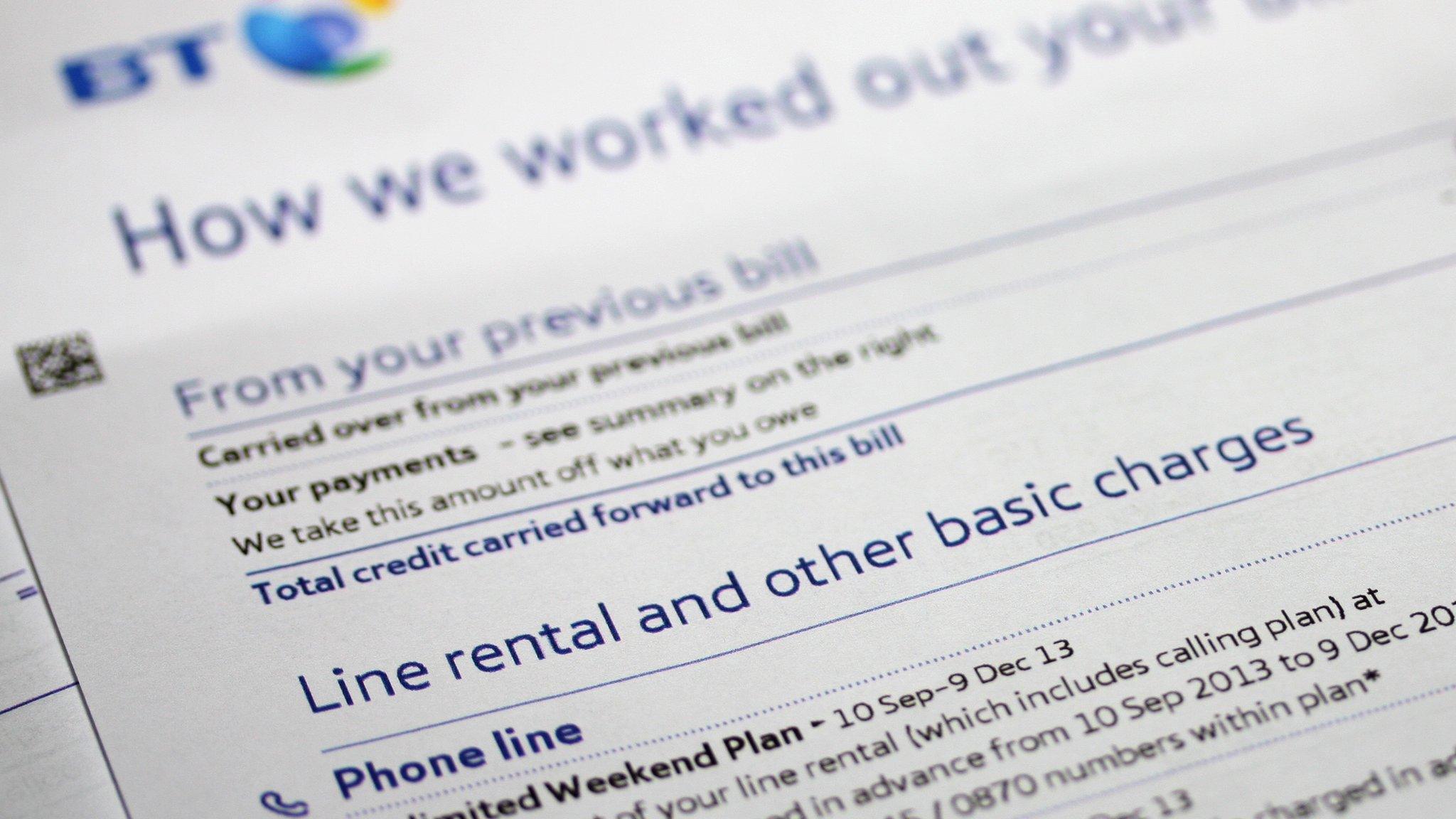
- Published15 January 2016
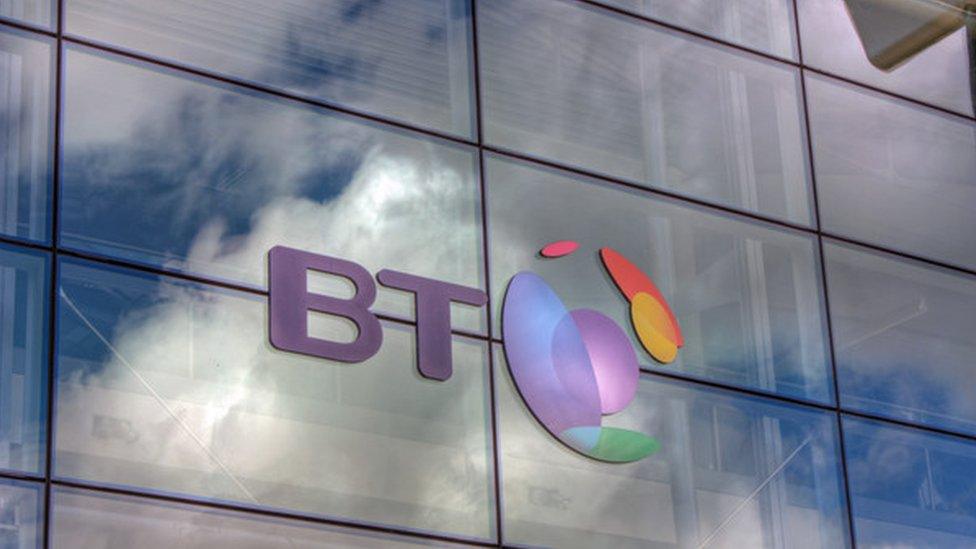
- Published4 May 2016
